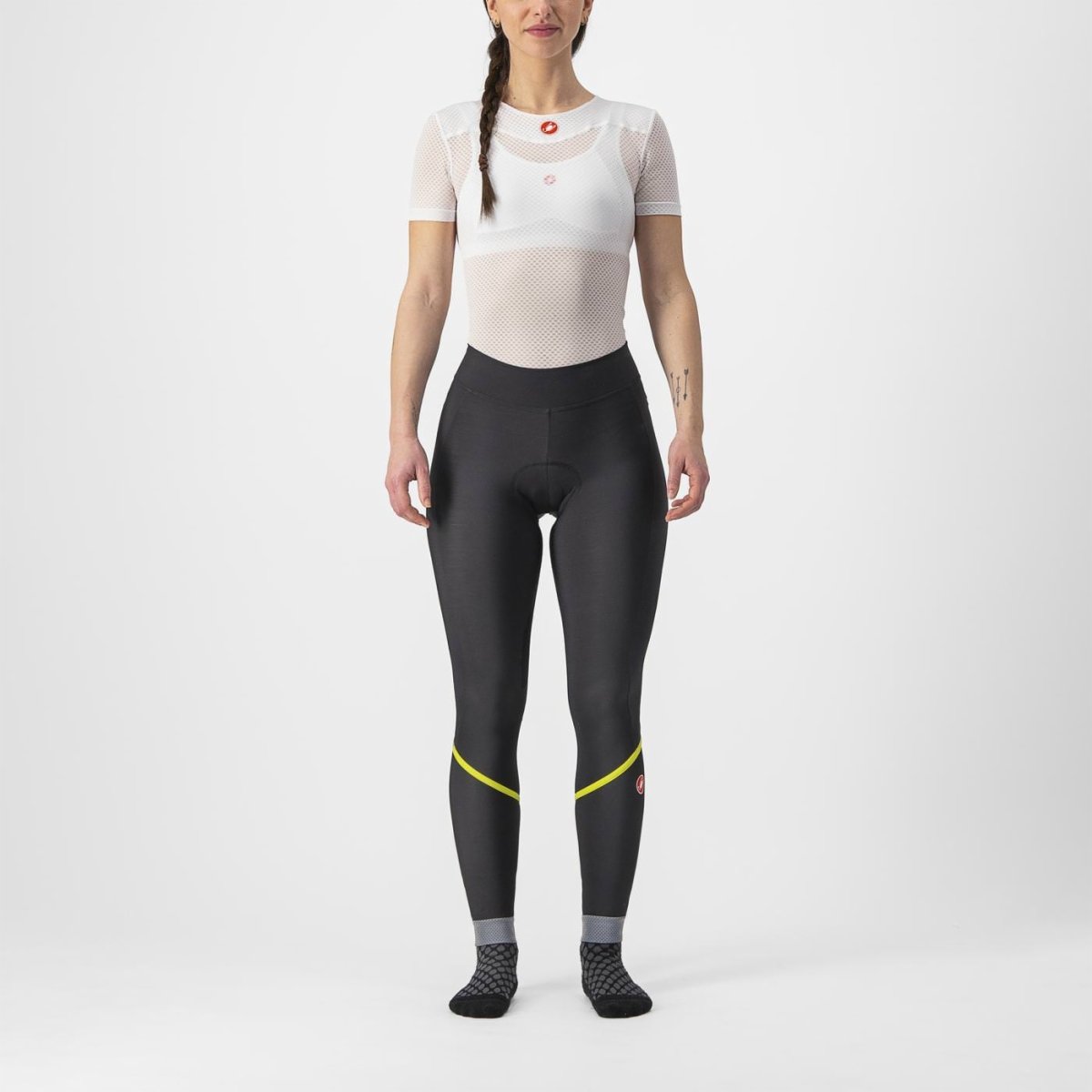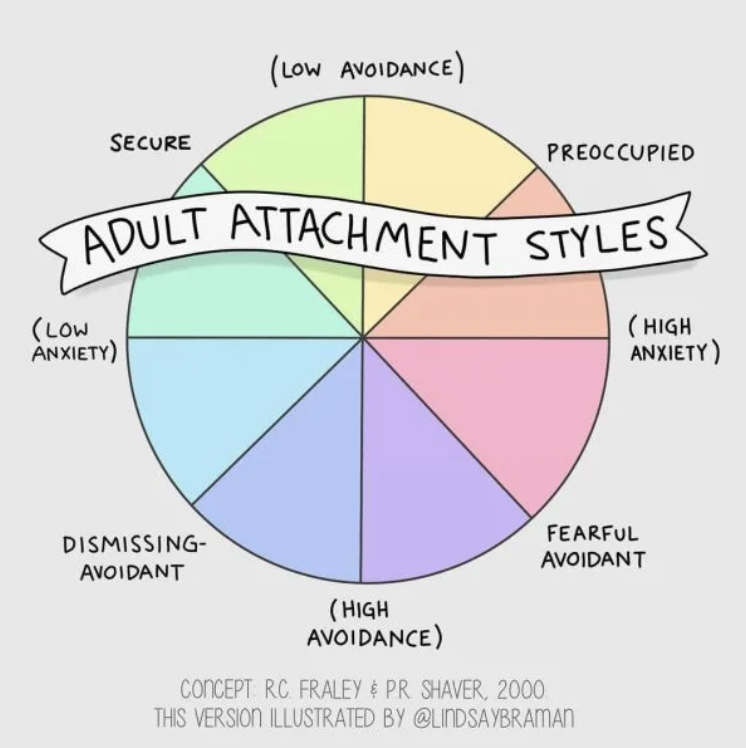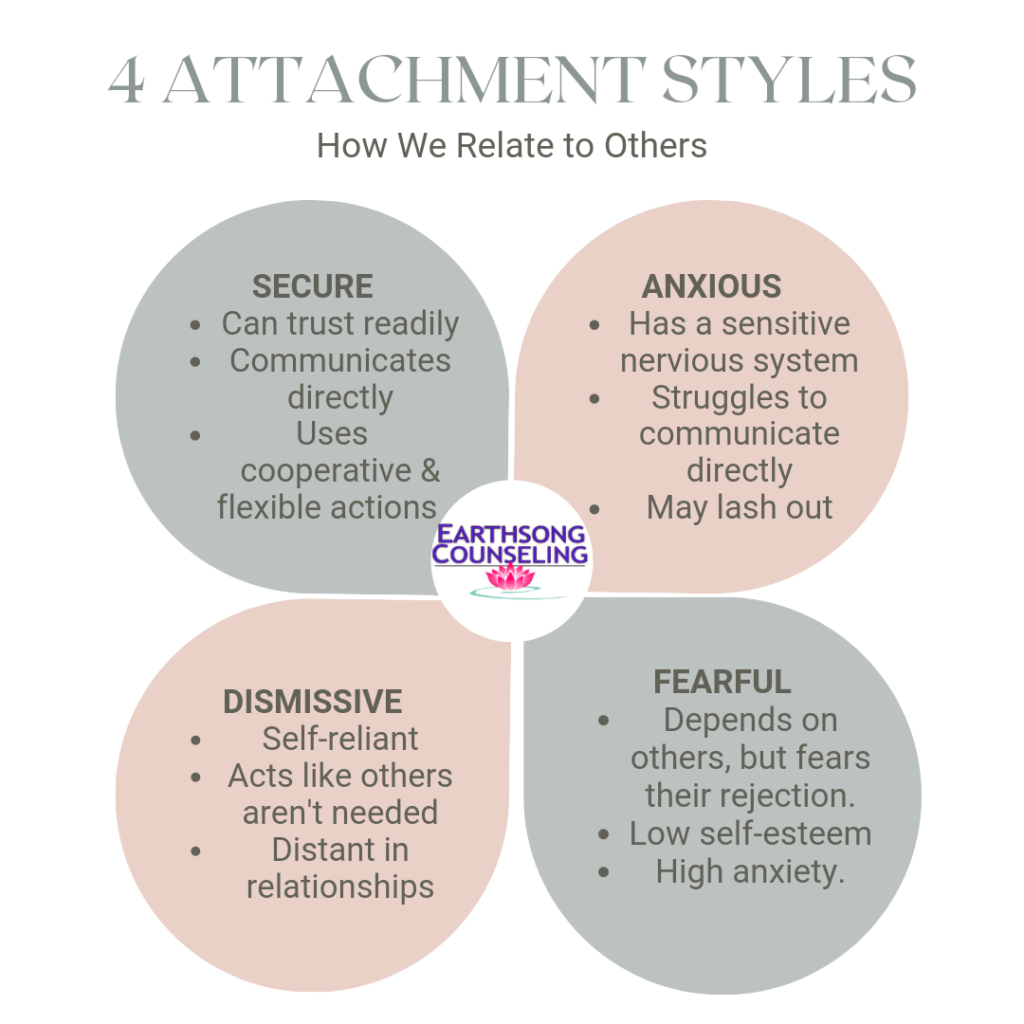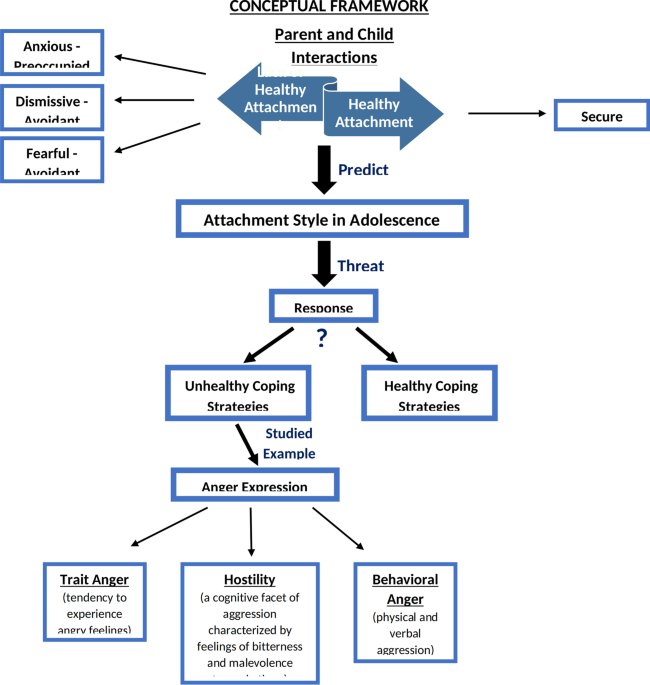Attachment styles and their association with aggression, hostility
4.8 (487) · $ 12.99 · In stock
Background The idea that attachment styles can affect the level of anger in an individual educes a reason why people develop anger issues and behavioral problems in adolescence that escalate into adulthood. Lebanon suffers from a shortage of data pertaining to insecure attachment styles and the affective and cognitive aspects of anger and behavioral anger expression among the Lebanese youth population. This study aimed to investigate the association between attachment dimensions and anger expression (trait anger, hostility, physical aggression, and verbal aggression) among a sample of Lebanese adolescent participants. Methods This cross-sectional study was performed between January and May 2019 among 1810 Lebanese high-school students aged 12–18 and used two validated measures, the Adolescent-Relationship Questionnaire (A-RQ) and The Buss-Perry Aggression Questionnaire (BPAQ). The A-RQ assessed attachment behaviors, while the BPAQ evaluated aggression. Results Higher fearful and dismissing attachment styles, and higher physical activity index were significantly associated with higher physical and verbal aggression. A higher fearful attachment style was significantly associated with more anger. A higher secure attachment style was significantly associated with less anger. Higher preoccupied and dismissing attachment styles were significantly associated with higher hostility. Conclusion Our findings revealed a significant relationship between both insecure attachment dimensions and the tripartite model of anger expression. This study adds to the anger literature by providing a more informed understanding of how variations in anger expression are linked to the processing of interpersonal interactions, which are the hidden facets of attachment systems.
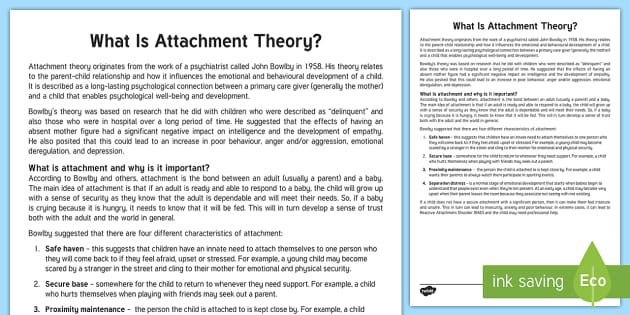
Attachment Theory In Early Years - Adult Guidance - Twinkl

Disorganized Attachment Style in Children: Signs, Roots & Therapy

PDF) Emotion regulation and attachment: Relationships with children's secure base, during different situational and social contexts in naturalistic settings

attachmentstyles Archives - Boston Evening Therapy Associates

Criticism, Avoidant or Dismissive Attachment and impulsive

Growing to Trust: Evidence That Trust Increases and Sustains Well-Being Across the Life Span - Michael J. Poulin, Claudia M. Haase, 2015

Faculty Research and Publications

Multiple Regression Results for the Interactions between Student
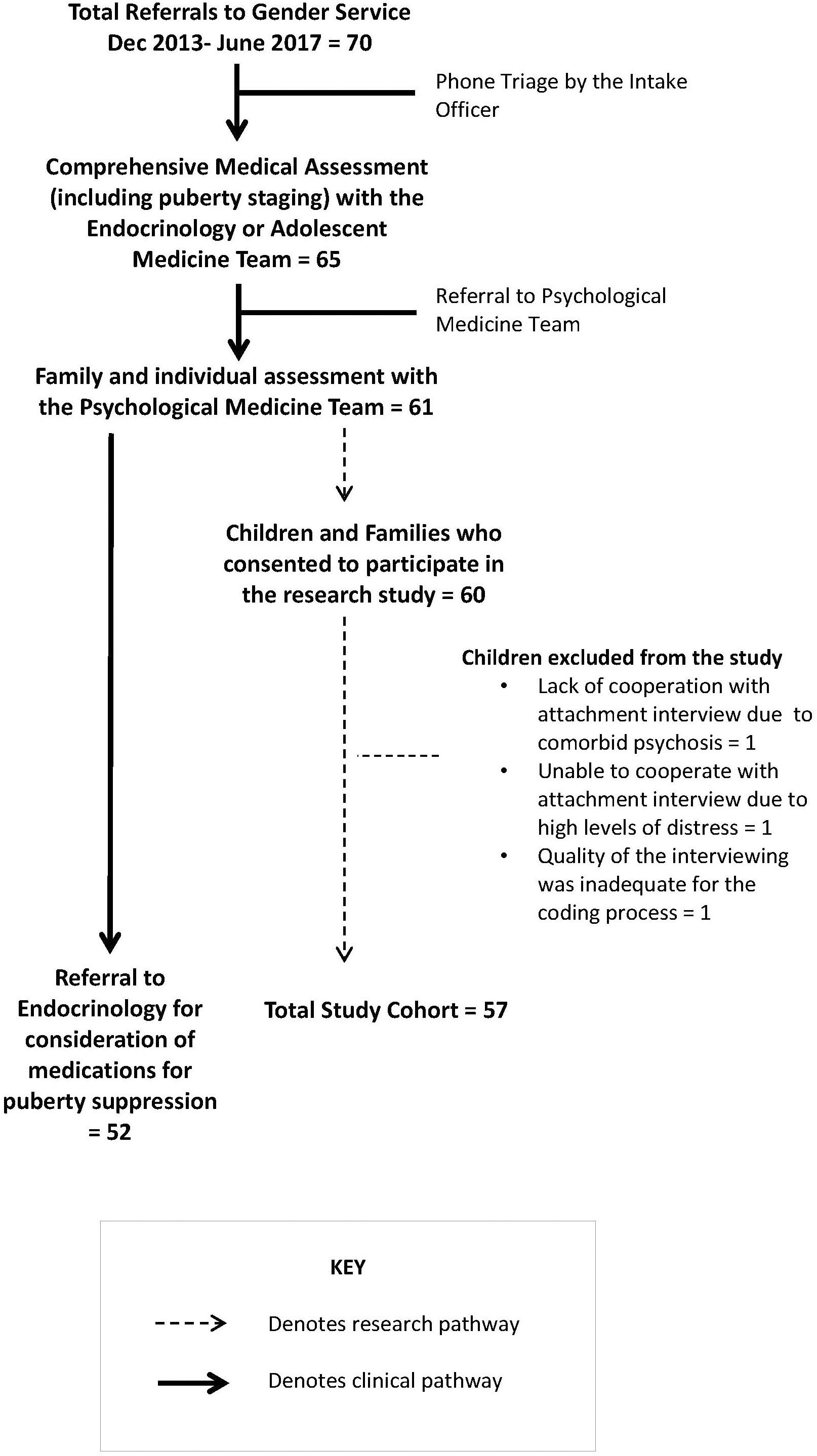
Frontiers Attachment Patterns in Children and Adolescents With

Anger/Aggression Management slideshare
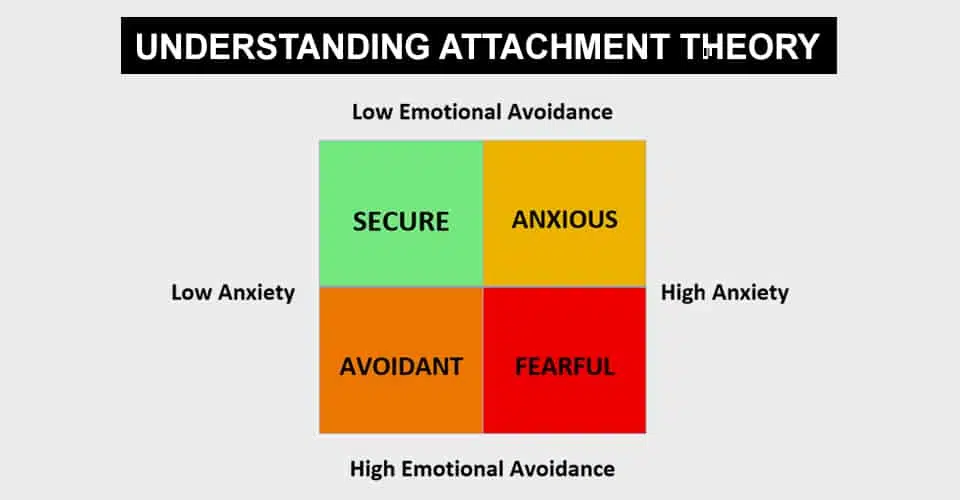
Attachment Theory In The Context Of Adolescent Parenting

Loop Elise Maalouf
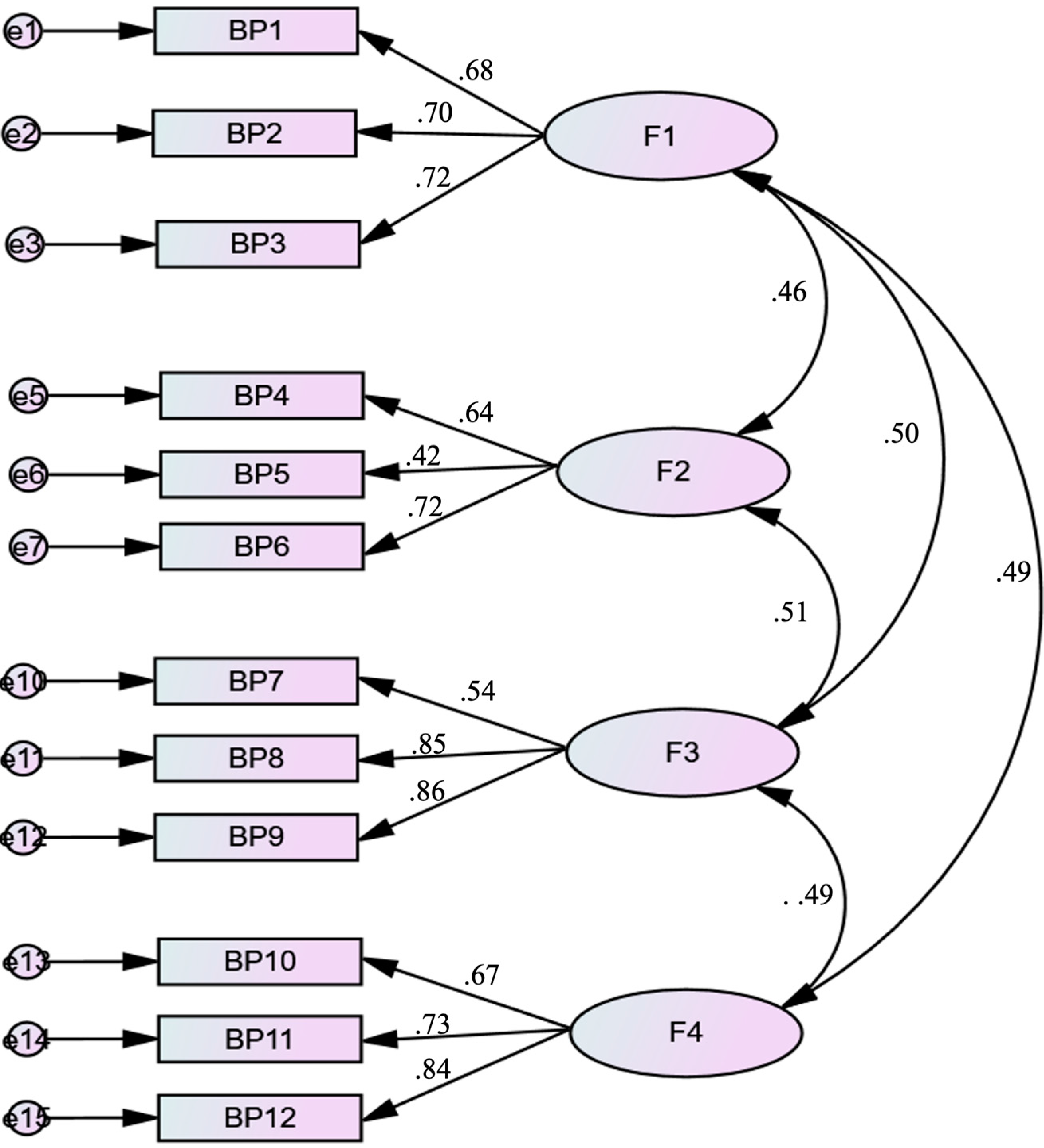
Children, Free Full-Text




